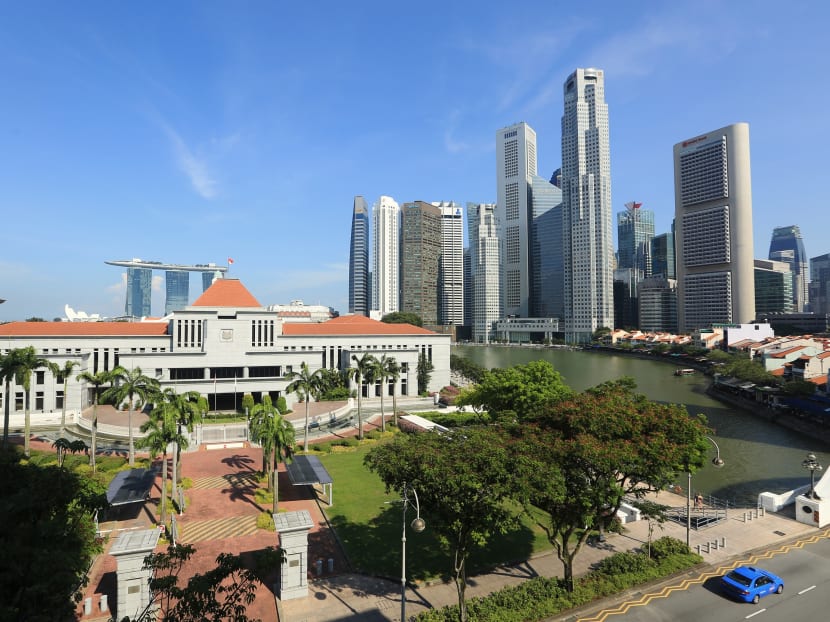Ministerial salary review due in 2023 deferred because of 'other pressing issues'
SINGAPORE — The Government deferred a review of political office holders’ salaries that was due in 2023 as there are “other pressing issues” to deal with, such as uncertainties in the global geopolitical situation and economic concerns.
SINGAPORE — The Government deferred a review of political office holders’ salaries that was due in 2023 as there are “other pressing issues” to deal with, such as uncertainties in the global geopolitical situation and economic concerns.
Minister-in-charge of the Public Service Chan Chun Sing said this in Parliament on Tuesday (Jan 9), adding that the Government will review the political salaries framework and benchmark “in due course to ensure that they remain relevant and up to date”.
He was responding on behalf of Prime Minister Lee Hsien Loong to parliamentary questions by Progress Singapore Party's Non-Constituency Member of Parliament (NCMP) Hazel Poa and MP Alex Yam (PAP-Marsiling-Yew Tee). Mr Yam had asked for an update on the review, while Ms Poa asked if the targeted review was carried out as well as who are in the review committee, among others.
Said Mr Chan: “In 2023, the global geopolitical situation has become more uncertain, with conflicts in the Middle East and Ukraine, and continuing heightened geopolitical contestation,” he said.
“On the economic front, significant uncertainties and downside risks in the global economy remain, impacting our local economy and our wage and inflation outlooks.
“Hence, we decided to focus on dealing with these key challenges at hand and defer the review of political salaries for now.”
Recommendations from the last political salaries review were announced in 2018.
According to Mr Chan, the committee recommended a review of the political salaries framework about every five years, or when necessary.
“The Government did not make any changes to political salaries following the 2018 review as the salary structure remained valid and there were economic uncertainties in the previous few years,” he said.
The last political salaries review committee was appointed in 2017.
Last January, Mr Chan announced that a review was targeted for 2023, with details to be shared “in due course”.
The current benchmark for an entry-level minister is based on the median income of the top 1,000 Singapore citizen earners, with a 40 per cent "discount" to reflect the "ethos of political service", according to the Public Service Division's website.
Salaries of other political office holders are determined based on ratios to the pay of an entry-level minister, and their different roles and responsibilities. The prime minister, for instance, earns twice the salary of an entry-level minister.
"The salaries of political appointment holders will be adjusted according to the movement of the benchmark as it responds to market conditions," said PSD.
According to the PSD, as of 2023, the benchmark level of a minister's monthly salary stands at S$55,000, working out to an annual salary of S$1.1 million.
In 2018, an independent committee chaired by Dr Gerard Ee recommended an upward annual adjustment to match annual benchmark movements of 9 per cent since 2011.
It suggested setting the annual salary for an entry-level minister at S$1.2 million. This includes a 13th-month bonus, three-month performance bonus and National Bonus paid out if indicators are met.
It also recommended adjusting the allowance for NCMPs from 15 per cent of that of elected MPs to 20 per cent. This is to "recognise that NCMPs have full voting rights in parliament from April 2017", said then-Deputy Prime Minister Teo Chee Hean.
The Government's response then was to maintain the salary framework and level. Mr Teo explained that the decision was influenced by the 2017 entry-level minister salary benchmark dropping below the 2016 one. CNA
For more reports like this, visit cna.asia.










